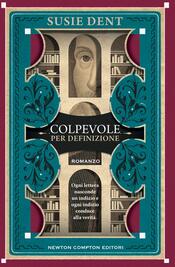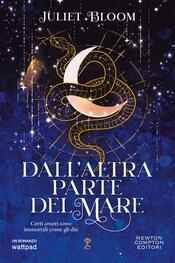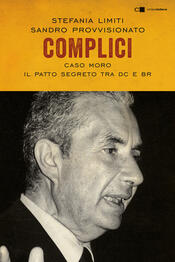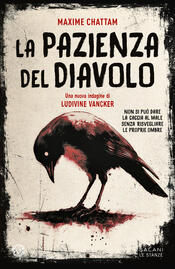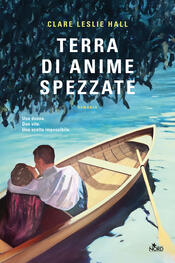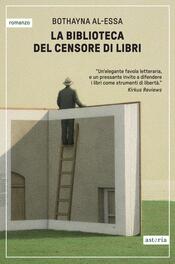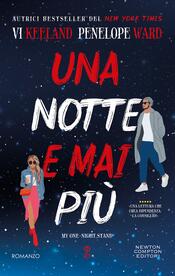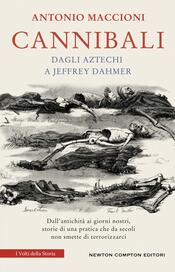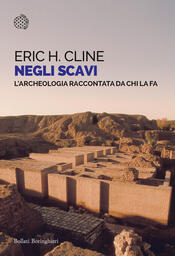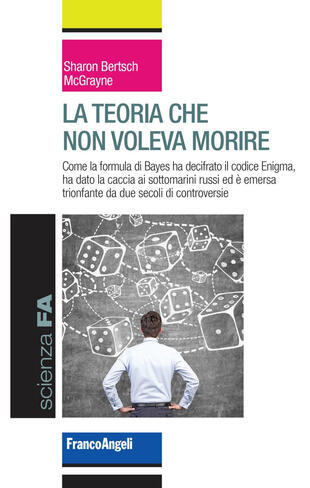

La teoria che non voleva morire. Come la formula di Bayes ha decifrato il codice Enigma, ha dato la caccia ai sottomarini russi ed è emersa trionfante da due secoli di controversie
Acquistalo
Sinossi
"La celebre divulgatrice scientifica Sharon Bertsch McGrayne racconta la scoperta della formula di Bayes e spiega come un teorema matematico all'apparenza semplice abbia potuto innescare una delle maggiori controversie scientifiche di tutti i tempi. Un racconto vivido e ricco di aneddoti, che ha tutto ciò che ci si aspetta da un thriller moderno. Per chi nei secoli lo ha difeso, il teorema di Bayes è un'elegante dichiarazione sull'apprendimento dall'esperienza: aggiornando l'ipotesi iniziale con nuove informazioni oggettive, otteniamo una nuova ipotesi più accurata. Per i suoi detrattori, però, esso è la fiera della soggettività. L'autrice risale alle origini, alla sua scoperta da parte di un matematico dilettante nel 1740 e alla sua prima formulazione moderna da parte dello scienziato francese Pierre Simon Laplace. Rivela perché stimati statistici l'hanno considerato professionalmente un tabù per 150 anni, mentre altrettanto rispettabili scienziati lo hanno utilizzato per risolvere problemi di difficile soluzione che implicavano grande incertezza e scarse informazioni (la decrittazione del codice tedesco Enigma durante la Seconda guerra mondiale da parte di Alan Turing è solo uno dei tanti esempi riportati dall'autrice). McGrayne si spinge, poi, sino ai giorni della rivoluzione informatica degli anni Ottanta, mostrando come essa si sia rivelata un punto di svolta per il teorema. Mostra, infine, come il teorema venga oggi utilizzato ovunque, dai problemi di decodifica del DNA a quelli relativi alla sicurezza nazionale. Non è esagerato considerare il teorema di Bayes importante per i nostri giorni quanto lo è la teoria darwiniana della selezione naturale." (Peter Pesic, Times Literary Supplement)
- ISBN: 8835118794
- Casa Editrice: Franco Angeli
- Pagine: 420
- Data di uscita: 22-02-2022
Recensioni
If only I had known how to use Bayesian probabilities before reading this book I could have taken the probability of my liking a book well received in a NY Times Book Review as my prior, plugged that in to a Bayesian calculation as to whether or not I would like this book, and quickly would have com Leggi tutto
I think this is the first book about Bayes' theorem and its applications, for the general reader. The book does not explicitly state the theorem as a mathematical formula, until the second appendix. However, the general idea is described, as well the general ideas behind it. The history of the theor Leggi tutto
What is known today as Bayes' theorem was invented, like most things, by the marquis de Laplace, but Bayes really did come up with the most important part of it. (By modern conventions we'd call it the Bayes-Price-Laplace rule, but it's too late.) The idea was known then as "inverse probability": pr Leggi tutto
I wish I had liked this book more than I actually did. Most of the stories reported are very interesting and entertaining, reflecting how academics have been fiercely debating conceptual aspects of Bayes theorem, as well as the bayesian-frequentist feud, while at the same time it was being successfu Leggi tutto
This was an excellent biography of Bayes' Rule, which basically glossed over Bayes himself. The author chose instead to examine the lesser known scientists and applications associated with Bayes. As a result, after reading this you are likely to call Bayes' Rule BLP Rule, for Bayes-Laplace Rule. The Leggi tutto
Excellent and very readable book about the history of Bayes' theorem. I never realized that Bayesian statistics, one of the cornerstones of modern data science, had such a turbulent history--so turbulent that, during the cold war, being called a "bayesian" was tantamount to being called a Communist. Leggi tutto
It probably takes a special sort of person to dive into an entire book about one statistical theory, but for those so-motivated, this one pays off. The pro's: The author has done a phenomenal job at capturing and richly detailing the very "large" personalities that have championed (or condemned) the Leggi tutto
Troves of trying trivia. There is some very important information here but it is buried. I think the author is trying to force the book to have a narrative by giving us the life of Bayes, the childhood of Laplace, etc. But I doubt that many people buying books about mathematical theories are interes Leggi tutto
(c) Red Rationality (1987) by Wang Guangyi A slightly strained oral history of the least romanticised scientists: Bayesian statisticians. She makes up for the long-missing romanticism single-handed! The two-hundred year eclipse of the Bayesian method was much longer than that suffered by even the ir Leggi tutto
Citazioni
Al momento non ci sono citazioni, inserisci tu la prima!




